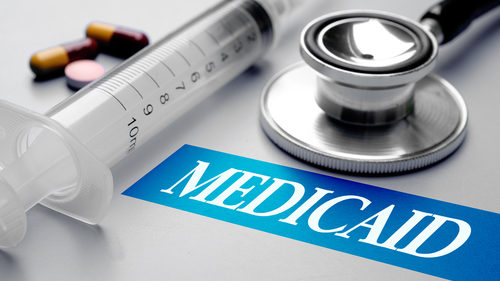There are a variety of different rehab program options available for individuals in need of substance abuse and/ or addiction treatment. Rehabs programs are often structured as either inpatient treatment programs or outpatient treatment programs. Inpatient rehab programs require its participants to reside at the facility for the duration of the substance abuse and/ or addiction treatment program. Inpatient rehabs provide an individual with the opportunity to focus solely on his or her recovery process, as while residing at the facility during treatment many temptations and triggers that may present in one’s home life are effectively removed. Inpatient treatment programs can last between twenty-one days long to six months long, and in some cases longer. Outpatient treatment programs do not have a residential component; rather they require individuals to attend a certain number of treatment hours, daily over a specified period of time (typically ranging between twenty-one days long to three months long, and in some cases longer).
Each rehab program is distinct. The differences in rehab programs can include its structure (e.g. inpatient versus outpatient) various specializations (e.g. individuals with a dual diagnosis), geographical location, facility, amenities, duration of program, size of program, types of therapeutic treatment offerings, cost, and more. The cost of a rehab program will depend specifically on the rehab program itself, as will the preferred method of payment. The answer as to whether or not rehabs accept Medicaid is variable. Medicaid does not necessarily provide coverage for all rehab programs, and further, not all rehab programs accept insurance as a form of payment.
What Is Medicaid?
The Centers for Medicare & Medicaid Services assert “Medicaid provides health coverage to millions of Americans, including eligible low-income adults, children, pregnant women, elderly adults and people with disabilities.” Medicaid is operated at a state level. As such, Medicaid substance abuse treatment (e.g. rehab) is dependent upon individual state policies. The eligibility requirements differ from state to state regarding levels of coverage for rehab and associated addiction treatment services. For example, certain states require pre-authorizations prior to providing any addiction treatment coverage. The Mental Health Parity and Addiction Equity Act (MHPAEA), which was passed into federal law 1996, requires health insurance providers to offer benefits for substance abuse and mental health services that are equal to those for other medical and surgical services. Still, there are many nuanced details that differ by state as to whether or not Medicaid will cover the costs associated with addiction treatment services.
For Information and Support
If you are concerned for yourself or a loved one in regards to substance abuse and/ or addiction we recommend reaching out for help as soon as possible. If left untreated, substance abuse can result in long lasting and potentially life-threatening consequences. Keep in mind: you are not alone! There is an entire network of professionals that are available to help and support you and your loved one throughout the recovery process. The earlier you seek support, the sooner your loved one can return to a happy, healthy, and fulfilling life.
Please do not hesitate to reach out with any questions regarding our specific program at Haven House Addiction Treatment and/ or general substance abuse and/ or addiction treatment related information. Our highly trained staff is readily available to discuss how we might best be able to help you and your loved one. We can be reached by phone at 424-258-6792. You are also welcome to contact anytime us via email at admissions@hhtxc.com.



